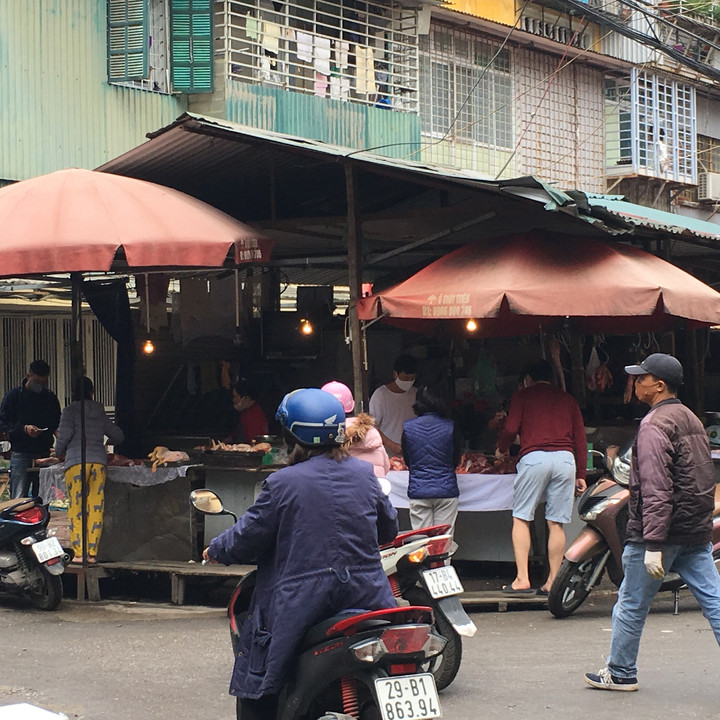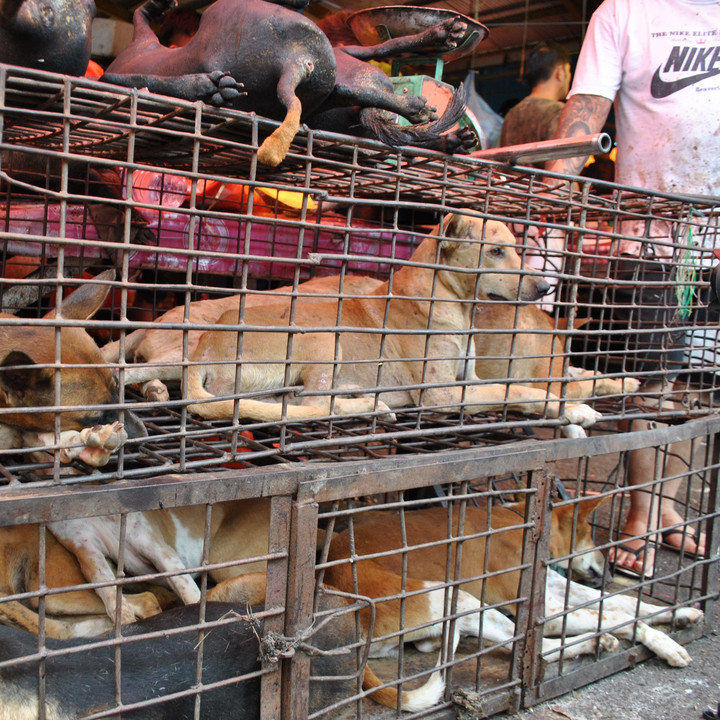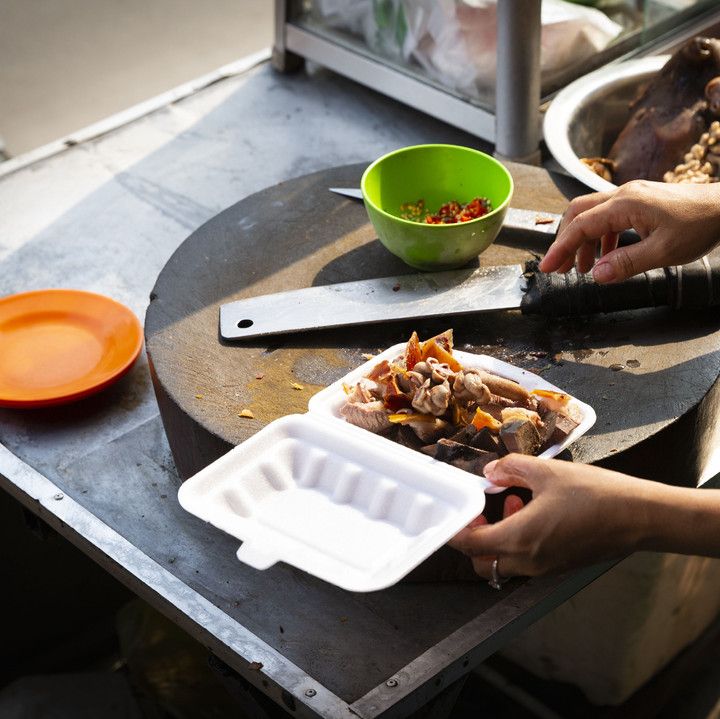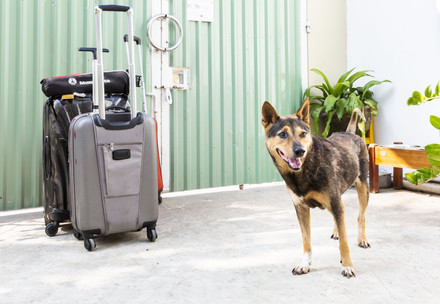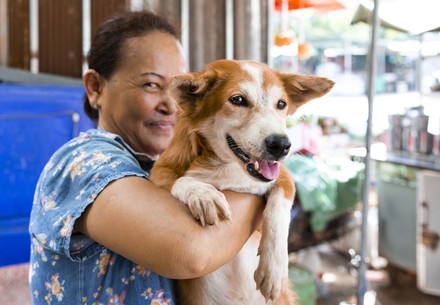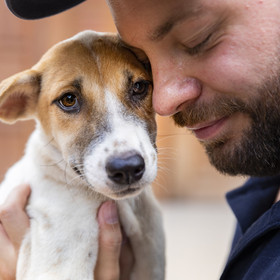Travel Advice for Tourists
How to keep yourself safe from the dangers of the dog and cat meat trade
The dog and cat meat trade sees an estimated 10 million dogs and several million cats captured, transported, beaten and killed each year across Southeast Asia. FOUR PAWS aims to protect the millions of tourists that visit Southeast Asia and help you to spot signs of the trade.
How to Avoid Dog and Cat Meat
Travellers often seek new experiences whilst abroad but should be aware that some food items can present a health risk and have negative impacts on the local community. Here’s how to spot dog and cat meat on the menu.


